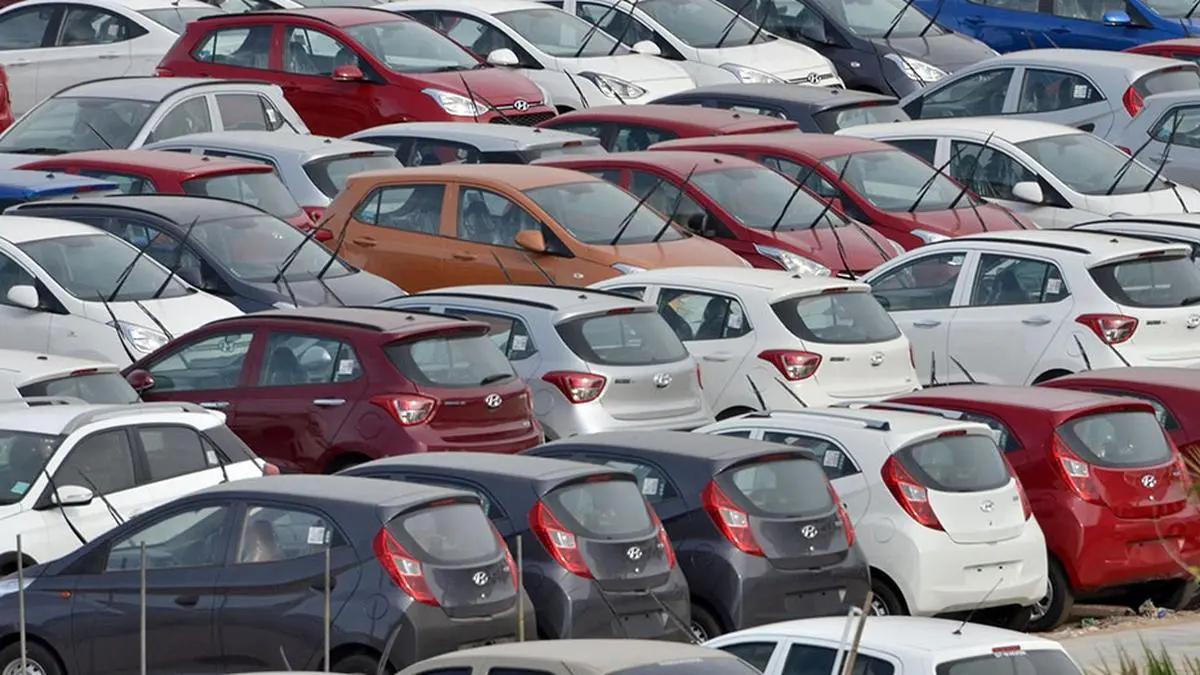The Federation of Automobile Dealers Associations (FADA) has formally petitioned the Reserve Bank of India (RBI) to address what it calls a persistent delay by private banks in passing on repo rate cuts to auto loan borrowers. In a detailed letter to RBI Governor Sanjay Malhotra, FADA highlighted the widening gap between policy rate reductions and actual lending rates in the auto retail sector, especially among private lenders.
Key concerns raised by FADA:
Public sector banks have largely transmitted repo rate cuts to auto buyers, but many private banks continue to delay the pass-through, citing internal cost-of-funds assessments.
FADA has requested RBI to enforce a time-bound transmission framework across all banks to ensure uniform benefit to borrowers.
The association also called for mandatory public disclosure of banks’ cost-of-funds calculations to improve transparency and accountability.
Recommendations for regulatory action:
Conduct a focused review of private banks’ auto-loan portfolios to assess lag in rate transmission.
Issue corrective directives to ensure 100 percent pass-through of policy rate changes to auto borrowers.
Establish clear guidelines for uniform application of MSME lending benefits to auto dealerships, workshops, and service centres registered under the Udyam framework.
Additional proposals to boost credit access:
Extend the Credit Guarantee Fund Trust for Micro and Small Enterprises (CGTMSE) to include authorised auto dealerships and service centres, enabling collateral-free loans up to ₹5 crore.
Recalibrate risk weights on auto loans, currently set at 100 percent, to align with home loans (40 percent), citing vehicles as readily realisable collateral.
Introduce bespoke inventory and workshop funding schemes to improve liquidity and working capital access for dealerships.
Governance and incentive concerns:
FADA flagged the practice of banks disbursing incentives directly to dealership staff, bypassing authorised dealership accounts. It urged RBI to prohibit such payouts and enforce routing through official channels.
The association also proposed a dedicated Auto-Retail Working Group under RBI to monitor credit flow, address sector-specific challenges, and support clean mobility goals.
Broader implications for the auto sector:
India’s auto-retail ecosystem comprises over 15,000 dealerships and 30,000 touchpoints, employing nearly five million people. Delayed rate transmission affects affordability, demand, and overall sectoral growth.
With vehicle ownership density still low at 34 cars per 1,000 people, improving access to affordable auto finance is critical to bridging India’s mobility gap.
FADA emphasized the need for targeted support in Tier-2 and Tier-3 towns, where credit access remains constrained and demand for personal mobility is rising.
Conclusion:
FADA’s appeal to RBI underscores the urgency of aligning monetary policy benefits with ground-level lending practices. As the central bank weighs its next steps, the auto retail sector awaits decisive action to unlock credit, enhance transparency, and fuel inclusive growth.
Sources: Economic Times, NDTV Profit, PTI News
